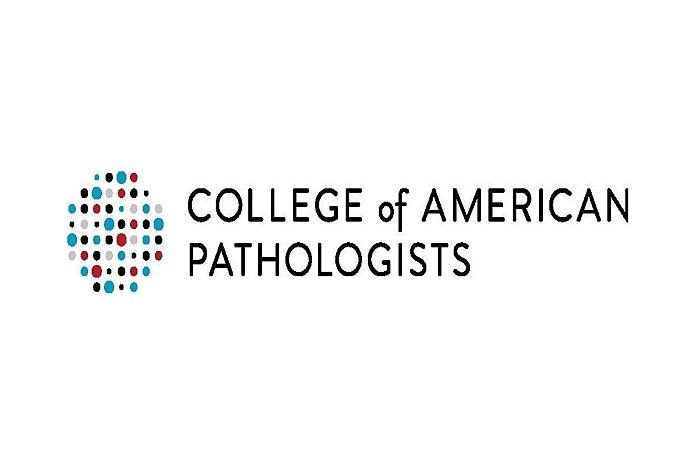TAIPEI, Taiwan – The practice of pathology, the medical field that studies and diagnoses disease while guiding treatment for patients is constantly evolving to incorporate new technologies and practices to produce faster and more accurate laboratory test results.
To help ensure laboratory professionals throughout the region continue to care for their patients using the best methods, the College of American Pathologists (CAP) and the Taiwan Society of Clinical Pathologists will host an educational program Saturday, November 23, 8:30 a.m.– 4 p.m. at National Taiwan University College of Medicine.
“It’s important that laboratories everywhere, whether in Taipei or Boston, continuously work to stay up to date with evolving guidelines for testing so that their patients are getting an accurate diagnosis and the right treatment,” says Richard C. Friedberg, MD, PhD, FCAP, past president of the CAP and a member of the organization’s Council on Accreditation, who is speaking at the event.
“Many of the practices we’ll be reviewing, such as next-generation sequencing, are both new and rapidly changing. Other doctors rely on pathologists to know the latest and we take it upon ourselves to both educate and learn,” he said.
Organizers estimate more than 250 physicians and laboratory professionals will attend the event that covers leading-edge practices like molecular-based microbiology and next-generation sequencing, which are ultra-sensitive tests that analyze genetic materials, as well as laboratory quality management best practices and accreditation requirements.
Frank Schneider, MD, FCAP, serves in various roles with the CAP, including on the Standards Committee and the Council on Accreditation, which oversees the organization’s program that inspects and accredits over 8,000 laboratories worldwide to make sure they are practicing safe, accurate and quality laboratory testing for patients.
Dr Schneider will speak on CAP and ISO 15189 accreditation and he thinks attendees will come away from the event with a fuller understanding of quality management techniques, from staffing to non-conformity management to risk management. He also looks forward to the exposure and learning experience that both presenters and attendees get from such an event.
“Seeing what other laboratories do can be eye-opening; the wider the exposure, the better the experience,” says Dr Schneider. “Partnering with international organizations helps compare yourself not only to your neighbors but the whole world.”





